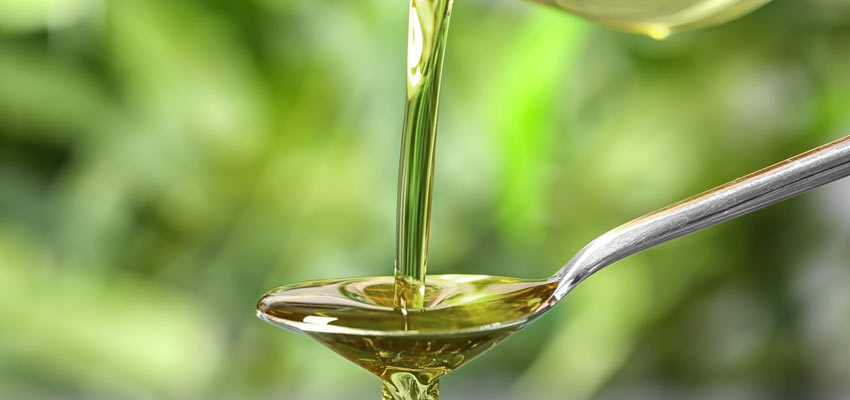2-MCPD-, 3-MCPD- and glycidyl esters are formed during refinement of vegetable fats and oils. The esters are undesired contaminants as they bear a life-time health risk. Therefore an exposure in childhood has to be strictly avoided.
The content of MCPD and glycidyl fatty acid esters depends on the intensity of the industrial processing the oil underwent. The esters are formed through the refining process under high temperatures and in the presence of any chlorine source.
If these compounds are absorbed with the consumption of refined oils and fats in food, MCPD (mono-chloropropanediol) is split off during metabolism. This compound is ascribed carcinogenic potential.
As discussed for some time, new maximum levels have been introduced for the sum of free 3-MCPD and 3-MCPD fatty acid esters (expressed as 3-MCPD) for glycidyl fatty acid esters, the list of maximum permitted levels has been extended to include those for “young child formula”. The latter are considered to be of even greater toxicological concern.
Read more:
Author: Dr. Frank Moersberger

 Contact
Contact

 Contact
Contact Career
Career